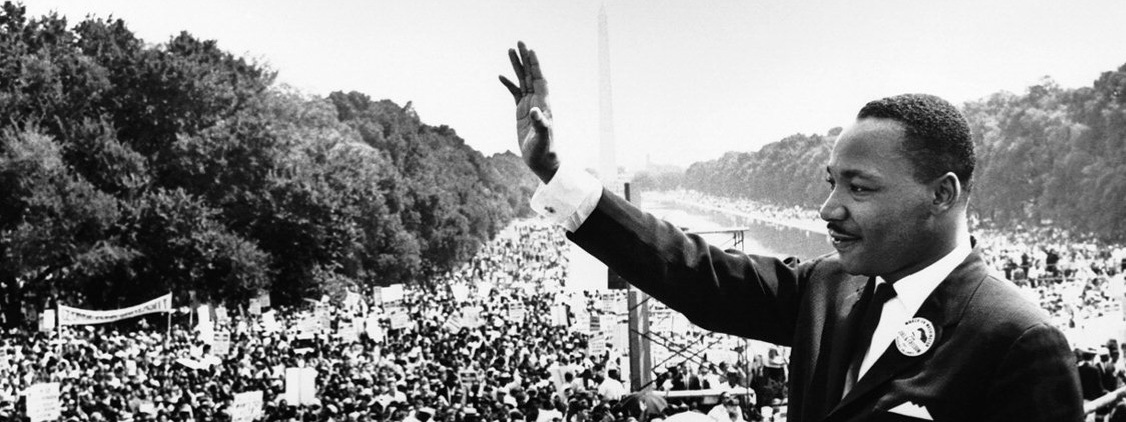
"For the civil rights leaders, the fight for justice was not limited to
providing equal voting rights for all Americans and abstaining from
discriminatory practices against African Americans. A federally funded
Job Guarantee program was a central theme articulated by Martin Luther
King and Bayard Rustin (the organizer of the 1963 March on Washington,
and one of this year's recipients (posthumously) of the Presidential
Medal of Freedom)."
-Professor Fadhel Kaboub, Denison University economist.
"Unfortunately, mainstream economists have been successful in
spreading their deficit phobia in Washington and have kept the
U.S. from implementing one of the most socially and economically
transformative policies since the New Deal program. The so-called
'sound finance' advocates (deficit hawks and deficit doves) fail to
understand the meaning of financial sovereignty, recognize the
difference between currency issuer and currency users, and accept the
logical implications of the sectoral balance analysis."
-Professor Fadhel Kaboub, Denison University economist.
Making the economy too small and then blaming poor people is like giving two treats to three cats: one third will always go hungry, no mater what. Expecting anything else is what Dr. King called the 'bootstrap philosophy' in which African Americans who found themselves in 'an island of poverty' were expected to pull themselves up by their own bootstraps when they had no boots.
See sources and more at CantrellAvenue.com
"a revolution in values will soon cause us to question the fairness and justice of many of our past and present policies."
"we must rapidly begin the shift from a thing-oriented society to a person-oriented society. When machines and computers, profit motives and property rights, are considered more important than people, the giant triplets of racism, extreme materialism, and militarism are incapable of being conquered."Some sensible wealthy people like the economist John Maynard Keynes (though he did not particularly love the poor) realized what Dr. King pointed out, that
"I can never be what I ought to be until you are what you ought to be. And you can never be what you ought to be until I am what I ought to be."But most feel more secure continuing the logic, though more restrained in its expression thanks to the struggle led by Dr. King, of running society by the chain (credit scores, criminal records, and incarceration --replacing traditional racism), the whip (undemocratic workplaces with constant fear of unemployment-- a consequence of extreme materialism), and the sword (constant war and a war economy-- militarism). Overcoming this calls upon moral force, but also moral arguments to defeat the false economic arguments that protect the system of hierarchy and domination as did the false concept of race that was invented to try to rationalize slavery.